What changes happen to your body when you stop masturbating?

by
In the United States, it is said that 70% of men and 50% of women masturbate regularly each month. AsapSCIENCE explains in a movie what kind of changes will appear in the human body if you stop masturbating every month or every day.
What If You Stopped Masturbating? - YouTube
In 2003, Chinese researchers published a study that found that by not masturbating for a week, the male hormone testosterone levels increased by 45.7%. This research became a hot topic on the overseas bulletin board Reddit, and in June 2011, Alexander Rhodes launched NoFap , an organization that calls for the ban on masturbation and the abolition of pornographic content. NoFap states that quitting masturbation will improve your sex life, improve sperm quality, increase sensitivity, self-esteem, and a sense of well-being.
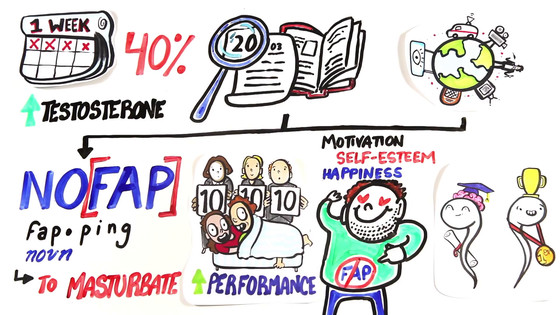
That doesn't necessarily mean that NoFap's claims are valid. In a 2003 study, attention was focused on the fact that 'testosterone increased when you stopped masturbating for one week'...

It is also known that on the 8th day, for some reason, the amount of testosterone decreases significantly, and then returns to its original amount.

In fact, another study found that there is little difference in the amount of testosterone secreted in the body between those who masturbate and those who lead an abstinent lifestyle. In the first place, the amount of testosterone is affected by diet and exercise, so masturbation alone does not change the amount of testosterone.
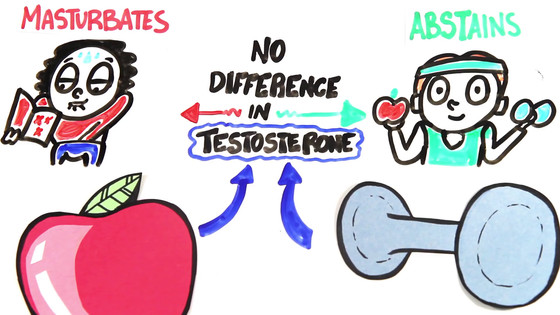
There are also rumors that premature ejaculation can be improved by stopping masturbation in men, but this has not been proven. On the contrary, one study reported that there was no change in the time it took to ejaculate before and after masturbating for three weeks.
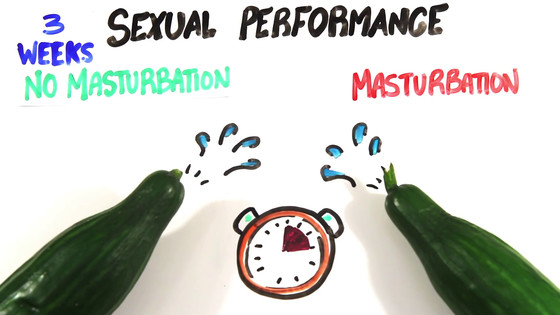
When it comes to improving sperm quality, it has been found that people who ejaculate more frequently have sperm that live longer and travel longer distances.
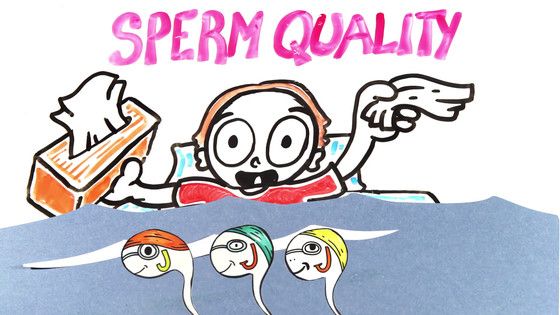
The longer the sperm lives, the higher the chance of fertilization.
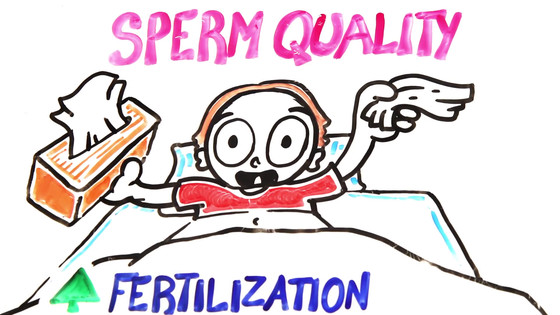
If you stop masturbating for a certain period of time, a phenomenon called '
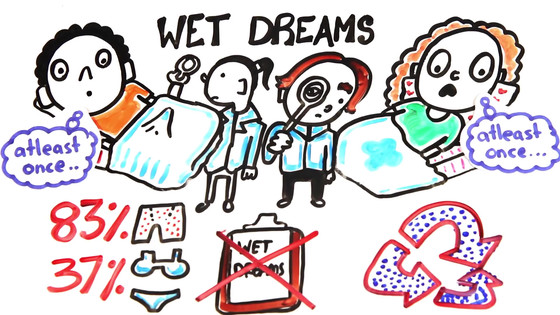
In this way, masturbation itself has little to no harm to health, but ``masturbation addiction'' does exist. When you masturbate, your brain releases neurotransmitters such as
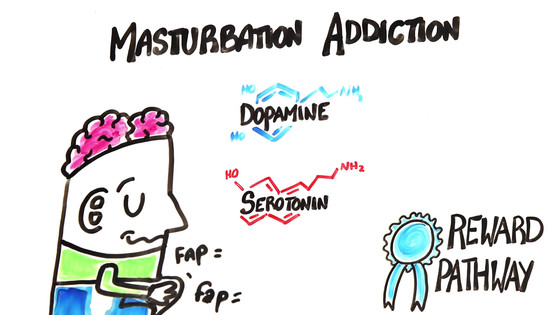
If you have become addicted to masturbation, you can stop masturbating for a while to make your brain as sensitive as before.
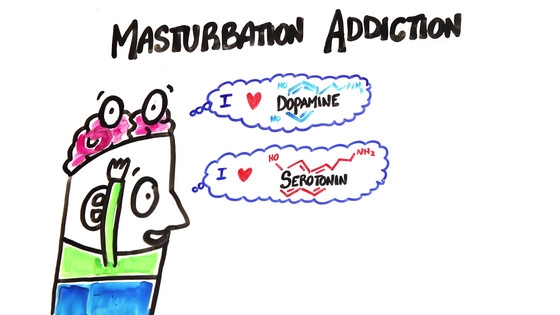
Masturbation is also said to improve sleep. Better sleep promotes better health and improves immunity.
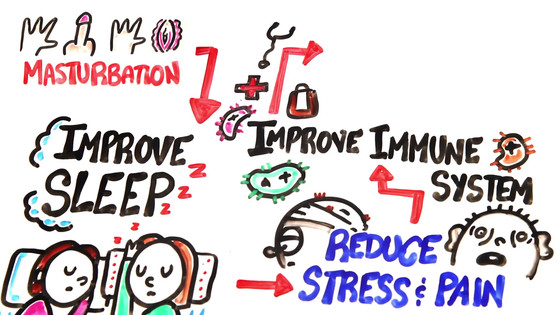
Masturbation is also said to help prevent prostate cancer. Although most of these studies on masturbation are based on men's experiences and are still in the early stages of development, they can be expected to show beneficial results for women as well.
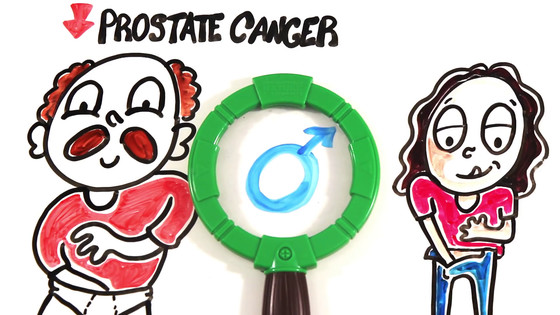
Masturbation is a purely healthy activity and is not something you should stop doing. Still, for those who want to stop masturbating for personal reasons, AsapSCIENCE has a simple comment: 'Good luck.'
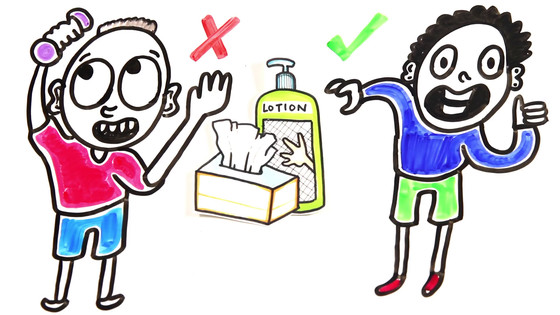
Related Posts:







